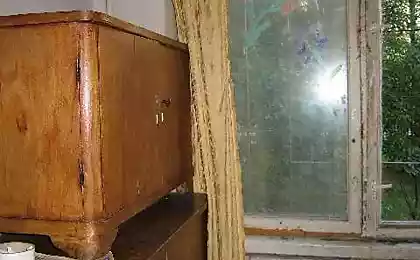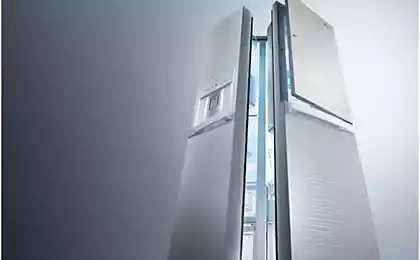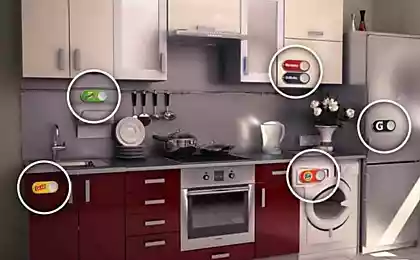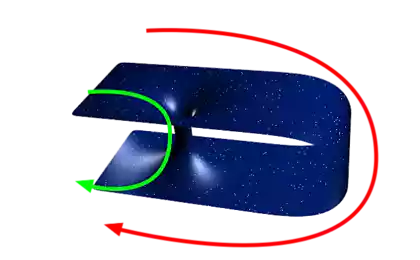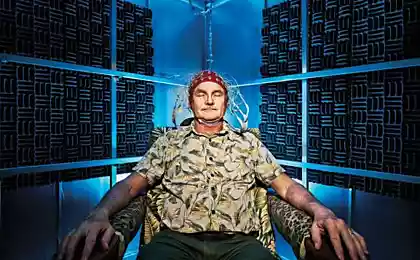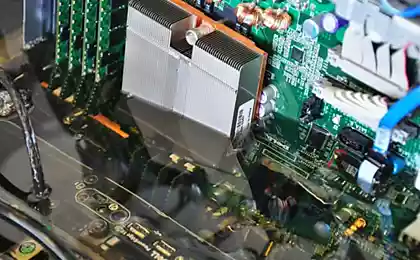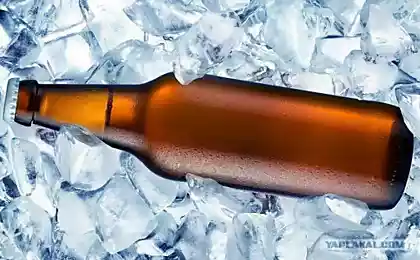417
The future of home refrigerators: magnetic cooling
Perhaps, once we are home will are refrigerators that are not chemical components, and industrial chillers. They will work on the basis of magnetic cooling which, in turn, will use approximately the same magnets that many of us played in childhood, hitched them to large metal objects and raised them with the help of small metal objects.
The effects of magnets on metal objects, we actually unknowingly heated the pieces of metal. And not just because he kept these items in their hot hands. The fact that the magnetic field can heat metal. And this phenomenon is called magnetocaloric effect.
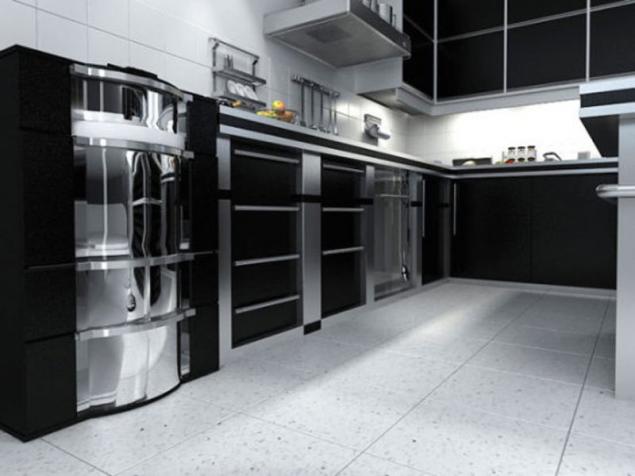
When the metal is at rest and is not affected by external stimuli, the electrons are moving in all possible directions. However, it is to bring him a magnet, and the metal appears to be under the influence of the magnetic field — the electrons are actually lined up in a row in the same direction. This change of entropy, or in other words, the restriction of electrons in free movement.
However, this limit is non-permanent. Yes, now the electrons can't move in any direction, what they "want", but in other ways they move can. In this case, the entropy increases by increasing the vibration of the atoms. And the vibration of atoms, but rather the energy of their vibration, or movement, is a more generic name — heat. So if we put metal to the magnet, it begins to heat up. The heating effect when using most metals is almost negligible, however, there are metals that in this case, heat up very much. Such metals include, for example, gadolinium.
It would seem that the magnetocaloric effect is more suitable for cooking and not for freezing. However, this effect can have the opposite effect. If a piece of metal is under the influence of a magnetic field and this field is then removed, the metal begins to cool.
Most magnetic refrigerators, now passing the test in laboratories to cool by this method, small objects. The metal under the influence of a magnetic field, apply a special substance, most often helium. This substance takes the excessive heat, the metal is cooled, and then removed the magnetic field that makes metal extremely cold. Cold enough so that it can be used as a cooler.
The principle of magnetic cooling is known for quite a long time, but home use seems to be a distant dream. Let's hope that in the end, the possibility of magnetic cooling systems, their efficiency, quiet operation and reduced need to use chemical refrigerants will one day be able to bring them to market. published
P. S. And remember, only by changing their consumption — together we change the world! © Join us at Facebook , Vkontakte, Odnoklassniki
Source: hi-news.ru

